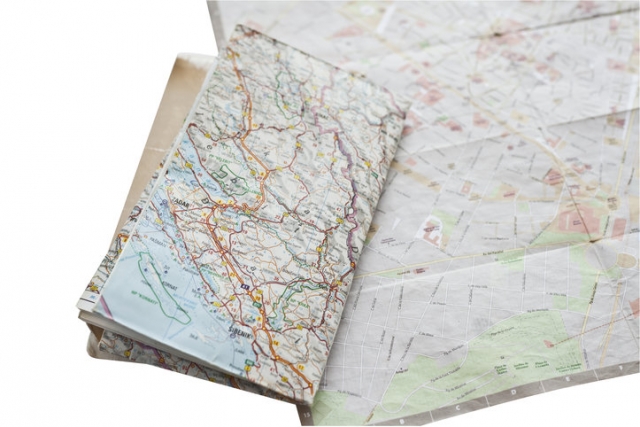
Introduction
The first part of this lesson encourages students to think about their identity and what defines them. They are also invited to think about how identity and what defines us has changed and will change over time. The second part of the lesson asks students to watch a short video about how people identify themselves. In the third part of the lesson, students focus on language for expressing probability and practise using this to talk about how their identities may change in the future. They end with a discussion about the future and society.
Important: There are references to sex and sexuality in this lesson. Please check the lesson for appropriacy before using. Suggestions are made to avoid these references.
A student worksheet is provided for this lesson. However, teachers can use a presentation for a no-printing option.
Learning outcomes
- Students express how they identify themselves
- Watch and understand details of a short video
- Use different ways of talking about the future and probability
- Participate in a discussion about the future and society
Age and level
13-17, Adults (B2+)
Time
65-75 minutes
Materials
Materials can be downloaded below.
- Lesson plan
- Presentation
- Student worksheet
Looking for more content like this?
The lesson plan 'Robot relationships' looks at the themes from this lesson and can be used in a follow-up class to extend discussion around the future and the theme of relationships.